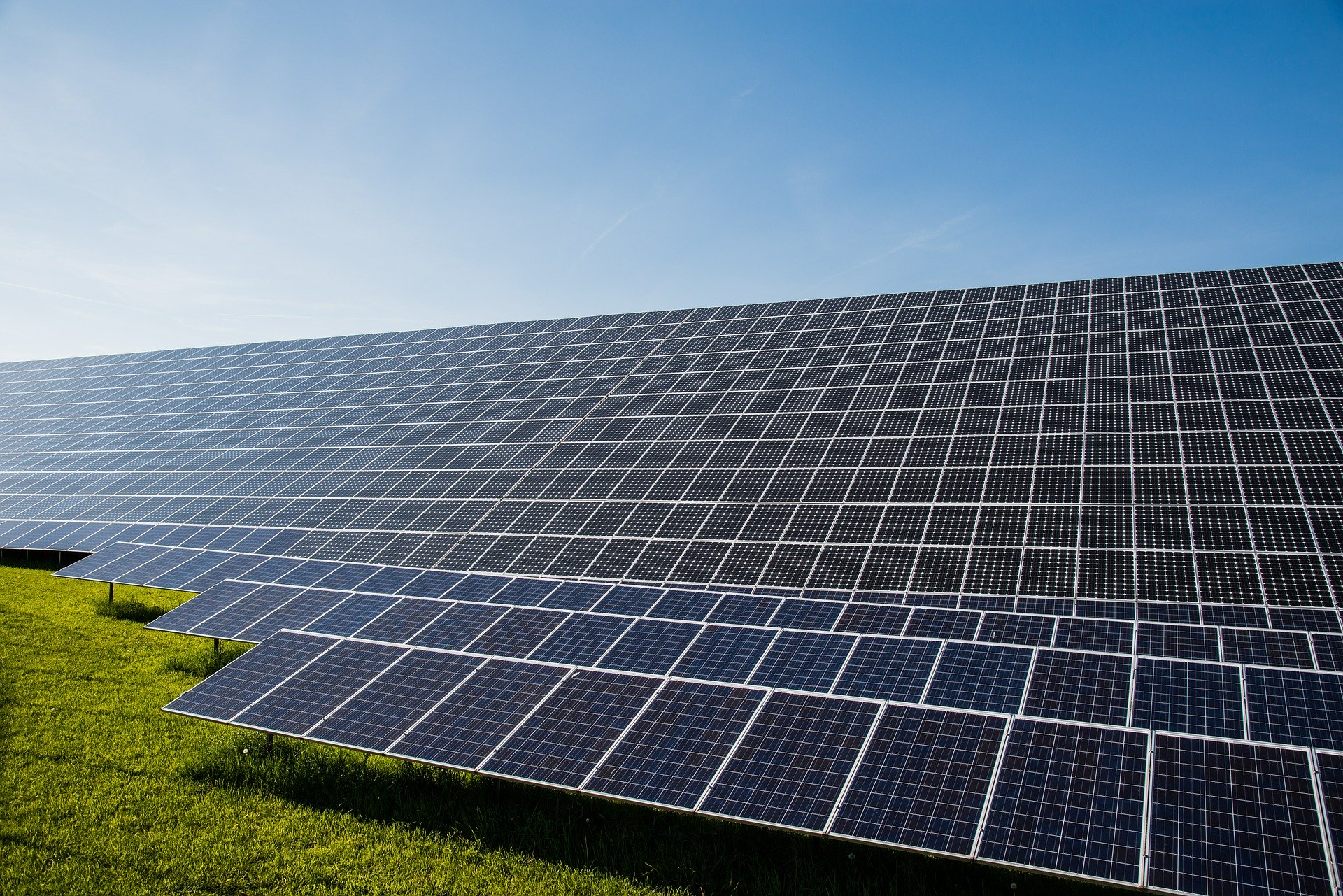When it comes to solar land leasing, the first question from most landowners involves potential earnings and just how much they could make from a solar farm on their property. However, beyond these earnings, there may also be tax implications associated with solar land leasing. Today, we’ll look at some key questions surrounding solar land leases, focusing on how much money a solar farm can make, and what taxes are associated with these earnings.
What are the per acre lease rates for a solar land lease?
First and foremost, it’s important to note that lease rates for solar farms are variable, depending on a number of different factors. Factors determining per acre lease rates include the going rate for solar farms in your area, and the presence/absence of certain positive site features. For example, cleared, south-facing land in close proximity to the substation, with good road access, will draw a higher lease rate from developers. One way to get a general sense of your land’s value is to speak with multiple solar developers in your area. Of course, before signing any sort of solar land lease agreement, it’s advisable that you speak with an attorney about the terms of the prospective lease.
Are solar panels taxable?
Of course, the per acre lease rate of a solar land lease must be understood in the wider context of the potential tax liabilities associated with a solar farm. A solar array is considered “real property” once it has been permanently installed. As such, it is taxable unless an exemption applies in your locality.
Will a solar panel array on my property have implications for other taxes?
It is also possible that the installation of a solar panel array on your property could impact other taxes. If the value of the acreage housing the solar installation increases as a result of the solar installation, it may affect your tax bill. Just as it is advisable to speak to an attorney before signing a solar land lease, it is also recommended that you speak with a taxation professional in order to fully understand the tax implications for your own specific piece of property.
Is there a tax exemption for solar arrays?
You may be able to avail of a tax exemption depending on where your property is located. New York State’s Real Property Tax Law (RPTL) Section 487 applies specifically to solar energy systems and other renewable energy systems including wind power. This RPTL Section 487 offers a 15-year exemption from real property tax—only for the increased value resulting from the installation of the solar energy system on your property. However, the RPTL Section 487 allows municipalities/counties/jurisdictions/local governments to opt out of the exemption, so be sure to clarify the status of RPTL Section 487 in your area before agreeing to a solar land lease. Speak to your tax assessor in order to confirm the status of the exemption in your municipality. Additionally, read our blog post on New York State’s RPTL Section 487 to learn more.
If the solar land lease extends beyond this 15-year exemption, what happens to my tax bill?
As noted above, the tax exemption resulting from the RPTL Section 487 is only applicable for fifteen years. If your lease extends beyond a fifteen-year period, it’s likely that your tax bill will be affected. Again, you should discuss this issue with your local tax assessor, as they will be best placed to understand the tax implications for your specific situation and property.
If you’re interested in leasing your land for solar, contact YSG Solar today. YSG has been working in the solar sector for over a decade, building everything from small rooftop solar installations to large commercial/industrial projects. Send us an email, or call at 212.389.9215 to get started, or learn more about solar land leasing.
By Shane Croghan
Sources:
https://www.nyserda.ny.gov/-/media/NYSun/files/Land-lease-Considerations.pdf

